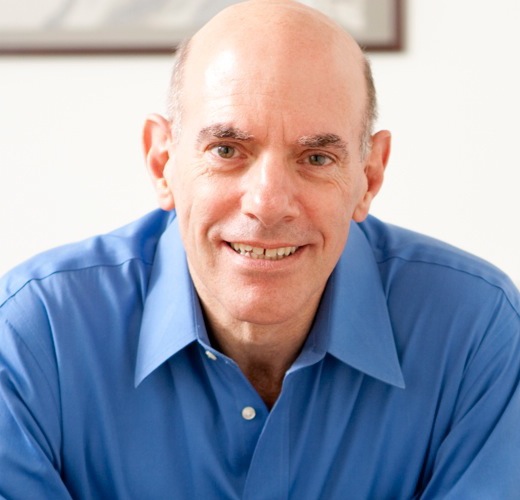No one is talking about it, but everyone can feel it — the inner unrest that society is falling apart. The constant dull worry that we might fall prey to our worst fears. We travel throughout our existence wondering if we, too, might have a nervous breakdown.
The average person living in the post-COVID world is struggling to make sense of our new world. Mark Nepo’s book, The Book of Awakening, attempts to help the reader get back to a central belief: how you can deal with your anxiety that will make a difference.
The Book of Awakening is a playbook that offers scores and scores of examples on how to enjoy what you have and be OK with it.
Nepo, a cancer survivor who was having his own struggle in finding peace and happiness, decided he would journal his process of how he discovered that he could control his mood, his pain, and eventually his happiness by simply living in the moment.
The process of working to find inner peace resulted in him authoring The Book of Awakening. The book is the result of Nepo’s journey of the soul and will inspire others to embark on their own. He speaks of spirit and friendship, urging readers to stay vital and in love with this life, no matter the hardships. Encompassing many traditions and voices, Nepo’s words offer insight in pain, wonder, and love. Each entry is accompanied by an exercise that will surprise and delight the reader in its mind-waking ability.
Nepo writes about a student and a teacher who were discussing the level of bitterness the student had towards life. The teacher asked the student to pour some salt into a cup. The student did.
“Drink it,” the teacher said.
The student took a few sips. The teacher then asked the student to describe their taste. The student answered that the water was strong from the salt. The teacher then took the student down to a lake and asked him to pour the same amount of salt into the lake. The student took salt poured into his hand and spread it into the lake.

The teacher asked the student to drink water from the lake. The student did. Then the teacher asked how did that water taste.
“I couldn’t taste the water, teacher. What does this mean?” the student asked.
The teacher explained that pain is pain. There is nothing we can do about it. But what we can control is the viewpoint of how we internalize pain. If we have a small perspective (the cup) then our pain is high, but if we can develop a large enough perspective (the lake), then our pain is reduced.
One entry in the book described greed this way:
“The greedy one gathered all the cherries, while the simple one tasted all the cherries in one.” Greed is self-destructive because of its excess. Equally disconcerting, and quite pertinent in today’s self-absorbed world, is our narcissism: “I tried so hard to please that I never realized no one is watching.”
So much of Mark’s work points to one simple, all-embracing fact: “… we are more than what we reflect or love. This is the work of compassion: to embrace everything clearly without imposing who we are and without losing who we are.”
Nepo’s personal journey toward healing contains this admission: “Hesitation, more than anything, has been the invisible hitch that has kept me from joy.” That is something for each of us to contemplate as we consider our own life circumstances. Finally, Mark states: “… when wholehearted and true, we are a sturdy conduit for love and care to keep the world going.
There is something for everyone to gain from reading The Book of Awakening. For those who are trying to find peace in a world full of drama, this book might be the solution. ●


